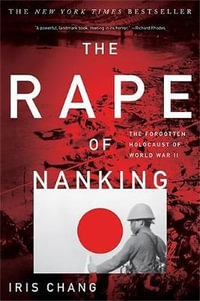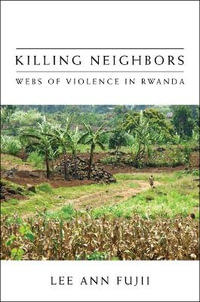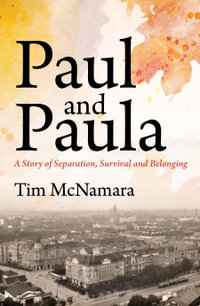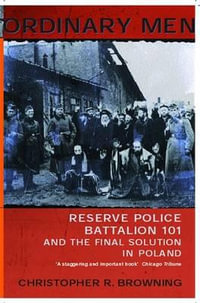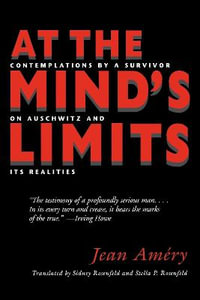In the horrific events of the mid-1990s in Rwanda, tens of thousands of Hutu killed their Tutsi friends, neighbors, even family members. That ghastly violence has overshadowed a fact almost as noteworthy: that hundreds of thousands of Hutu killed no one. In a transformative revisiting of the motives behind and specific contexts surrounding the Rwandan genocide, Lee Ann Fujii focuses on individual actions rather than sweeping categories. Fujii argues that ethnic hatred and fear do not satisfactorily explain the mobilization of Rwandans one against another. Fujii's extensive interviews in Rwandan prisons and two rural communities form the basis for her claim that mass participation in the genocide was not the result of ethnic antagonisms. Rather, the social context of action was critical. Strong group dynamics and established local ties shaped patterns of recruitment for and participation in the genocide. This web of social interactions bound people to power holders and killing groups. People joined and continued to participate in the genocide over time, Fujii shows, because killing in large groups conferred identity on those who acted destructively.
The perpetrators of the genocide produced new groups centered on destroying prior bonds by killing kith and kin.
Industry Reviews
"Killing Neighbors is a fine contribution to the literature on the Rwandan genocide and offers a different kind of explanation for what occurred that accommodates the differentiation in actions among Hutu at the local level. This micro-sociological approach is welcome as community level understandings of the political can be quite different from centralized narratives. It is difficult to imagine a situation in which it is more important to capture both perspectives than the Rwandan genocide."-Sandra Joireman, Nations and Nationalism "Perhaps paradoxically, by heightening readers' awareness of the manifold individual actions, the author's methodological discarding of a received category-that of the 'mass'-leads to a deeper understanding of the complex interactions that led to 'mass' killings. The book offers a thoughtful-if, for some, provocative-analysis. It also reminds us that other links remain to be investigated if we are to make sense of the imbricated webs of nationwide violence."-Danielle de Lame, African Studies Review "This is an excellent book. It uses oral and written sources very well, is beautifully written and clearly argued, and is truly a pleasure to read (notwithstanding its grim subject). It intelligently describes and tries to explain the ambiguity of the genocide, a process that seems so clear (and evil) and yet, upon closer inspection, becomes far more blurry... Killing Neighbors poses tough questions and contains far-reaching implications for thinking about genocide and civil violence more generally."-Peter Uvin, Perspectives on Politics "Killing Neighbors incorporates a sophisticated approach to historical factors and gives voice to people 'in the hills' as well as to political leaders. It makes a much-needed contribution both to the field of Rwandan studies and of genocide studies, substituting data for ideology and local voices for political tracts. Understanding how genocide happens requires more studies such as this."-David Newbury, Gwendolen Carter Professor of African Studies, Smith College "Lee Ann Fujii has written a thoughtful, eloquent book that powerfully engages the complexity of the Rwandan genocide. Through careful local-level research and through presenting many fascinating personal accounts, Fujii sheds light on the genocide, challenges much conventional wisdom, and develops a novel argument about the importance of performance, social ties, and group dynamics in how Rwanda's genocide unfolded. This is a terrific book that should be widely read by students of violence, ethnicity, and African politics."-Scott Straus, University of Wisconsin-Madison, author of The Order of Genocide

